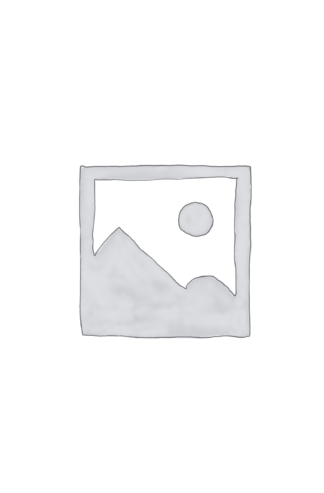STRATEGIC MANAGEMENT OF PROJECTS – Reflective Practice Paper
$55.00
Research shows that experienced managers can make significant advances in developing their knowledge and capabilities through processes of reflective practice and experiential learning and this is in line with the increasing emphasis on facilitating reflective learning in higher education. Traditional forms of assessment are not always appropriate for busy managers on part-time programmes and the opportunity for managers to reflect on their own experience is highly relevant to professional development programmes where the emphasis is more on preparing people for the realities of real-world practice than on academic research. Moreover, this approach is completely aligned with the aims of the Global MBA programme as we make explicit the link between the course content built around project management concepts introduced by UoM faculty and the students’ current roles in their workplaces.
The reflective practice paper uses a dynamic learning framework to help structure the reflection process around each student’s current role and responsibilities, including their professional experience to date. An introduction to appropriate concepts is used as the source of questions for reflecting on the student’s own approach to managing projects, resulting in various insights and actions that the student might implement in future projects. The selection of relevant course concepts by the student is a crucial part of the process, but whatever concepts are chosen, they should always be specific to the student’s work role, thus enabling the learning process to be student-driven and directly centred on the student’s particular interests and concerns. In summary, the whole process is about enriching students’ current knowledge and experience through structured reflection and clearly connecting the codified knowledge discussed in the module materials and workshop and the tacit knowledge of managing projects.
The overall structure of the reflective practice paper is shown in figure 1. It has five elements:
A Student in Work Role The student poses structure questions about their current work role, and previous experience as appropriate.
B Module Concepts The student researches more deeply and fully understands module concepts appropriate to his or her current work role.
C Reflective Assessment: Ideas and Insights. This is about linking theory to practice and is therefore the core of the reflective practice paper where the student is asked to connect the first and second stages to generate new insights into how their role can be performed more effectively.
D Key Learning Points and Actions. This section summarises the learning through the reflective practice process and identifies potential routes for implementation.
E Critical Reflection. Here the student critically reviews the process of preparing the reflective practice experience and how it has developed their capability as a project manager with the aim of identifying what they would do differently in the future.
Please ensure you include your student number and the assignment reference (SMOP/Student
Number/July14/3 in all submitted assignments and that assignments are paginated. Failure to
do this may lead either to a grade not being assigned or being wrongly assigned
Additional Files:
11 pages
APA – 6 References

